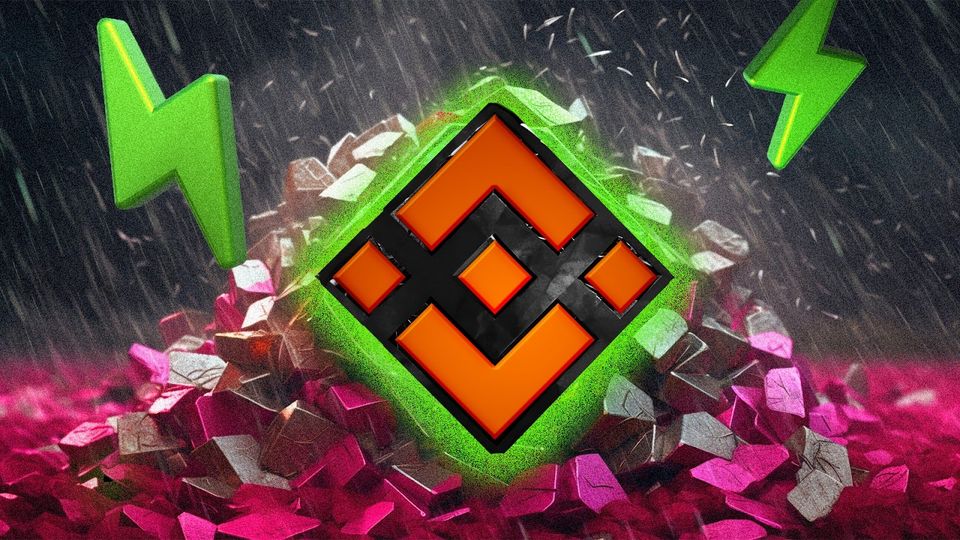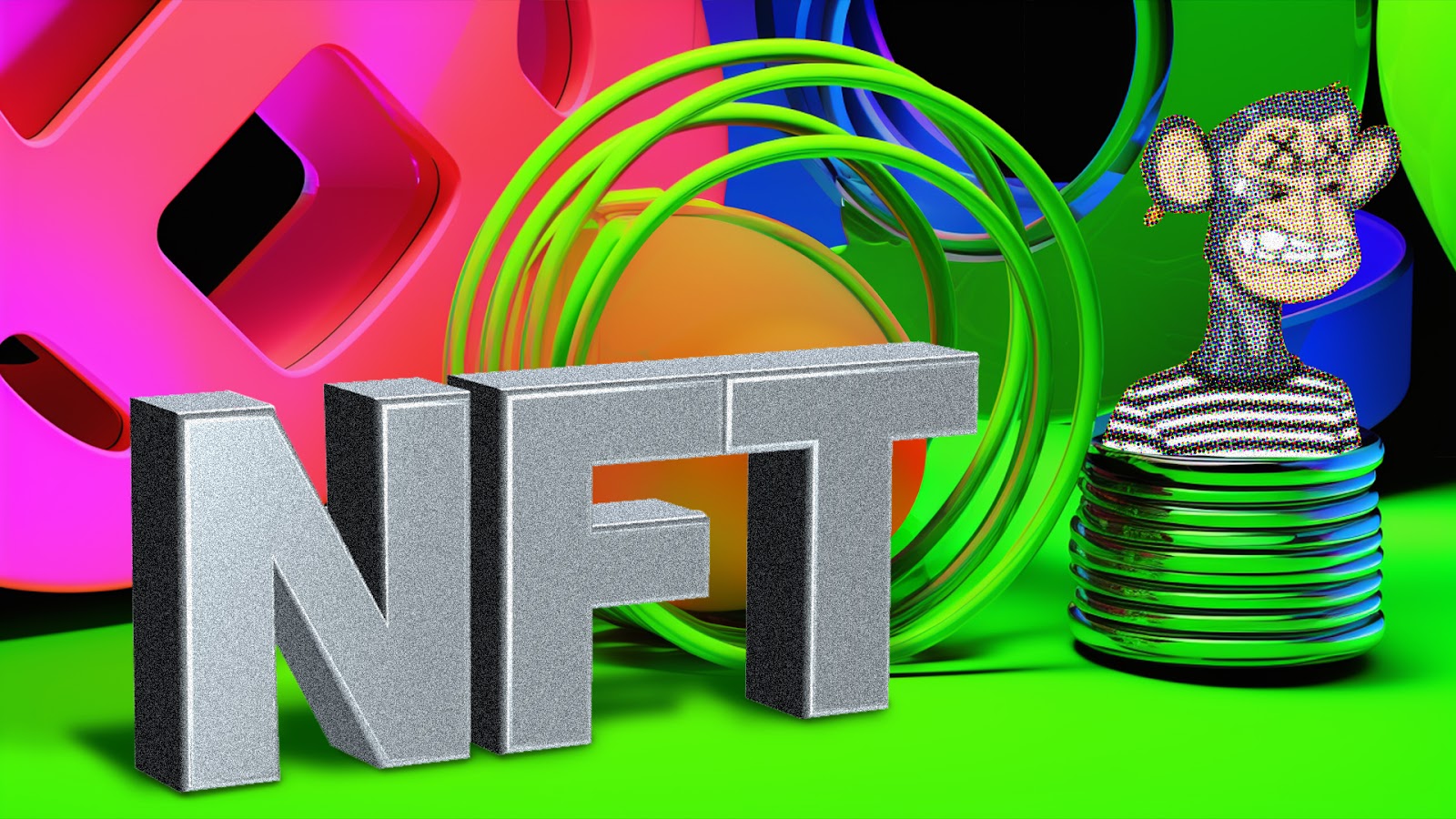
By way of our ‘Crypto in Nigeria’ coverage, we recently we explored Sub-Saharan Africa’s (SSA) most expansive DeFi nation to date…
But how about the rest of the region?
Per the same report from analytics platform Chainalysis, crypto was said to be leveraged in a similar manner across many other SSA countries - that is, it was used as an ‘inflation mitigation’ tool and ‘trading vehicle’ throughout July 2022- June 2023.
Crypto in Sub Saharan Africa
From afar, SSA boasts the smallest crypto economy of all regions across the world, accounting for a mere 2.3% of global transactions throughout such period. More specifically, such a percentage equates to around $117.1 billion worth of on-chain activity.
In terms of the population in-question here, the UN Development programme attributes 46 of the 55 African countries as ‘Sub Saharan,’ with these having a collective population of around 1.18 billion people (with the exclusion of Djibouti, SADR, Somalia, and Sudan).
Although its $117.1 billion of crypto transactions is a huge amount in isolation, the report illustrates how SSA’s crypto activity still lags in compared to regions such as Latin America, Middle East and North Africa (MENA), East Asia,and Central & South Asian and Oceania (CSAO) - which each boasted around 10% of global transactions from Q1 2021- Q2 2023.
As you’ll later learn why, centralised exchange trades accounted for over half of SSA’s crypto activity, with a large majority of the remaining funds taking place on other DeFi platforms. Additionally, a large majority of these transactions fell within the realm of retail.
Despite its relatively small presence across the global crypto stage, the report suggests that DeFi has most-certainly made substantial in-roads in the region in recent years, to further become ‘an important part of many residents’ day-to-day lives’.
As already noted, the region’s leader Nigeria illustrated this most proficiently, as it ranked second in Chainalysis’ ‘Global Crypto Adoption Index’. Other stand-out SSA performers in such index include Kenya (21), Ghana (29), and South Africa (31).
And although lagging in many aspects, SSA comes-out a crypto-leader in one specific metric; the concentration of Bitcoin (BTC) in holdings. Here, BTC made-up 9.3% of crypto holdings within the region throughout July 2022- June 2023, closely followed by North America with 9%.
Another notable mention across SSA holdings are stablecoins, which more recently, residents have flocked towards in a ploy to alleviate losses felt by volatile altcoins such as Ethereum. In turn, stablecoins accounted for over half of SSA crypto holdings up until April 2023, where since, Bitcoin and other altcoins have made-up some ground.
The report includes rationale for this finding, citing Bitcoin as a popular store-of-value alternative for the region’s residents. Intuitively, adoption of the godfather of all cryptos comes amidst macroeconomic troubles within the region, as both inflation and debt continue to sweep across SSA economies.
The report uses Ghana as an example here, as the country’s inflation has reached a whopping 29.8% after 13 consecutive months of increases (the highest levels in 20 years).
Further, the likes of Nigeria, South Africa, and Kenya have all faced similar economic woes, which explains why the region's mass move towards BTC and stablecoins has been so rife.
New Crypto Regulations in Sub Saharan Africa
As also discussed in our coverage of crypto in Nigeria, regulation has played a huge role in DeFi adoption across SSA.
South Africa - which was also attributed the second most ‘crypto-savvy’ nation in the world behind Nigeria - has been leading the way in terms of regulations and crypto-supporting frameworks thus far. This is largely due to its Financial Sector Conduct Authority (FSCA) launching a licensing regime at the end of last year, which saw greater legal clarity handed to DeFi businesses through crypto assets being declared as financial products. It’s also thought that such move has empowered financial investigators to ‘better fight illicit activity in the space’.
In turn, these bullish regulatory implementations have encouraged ‘trading of both established and emerging digital tokens’ in the country, with the CEO of South African crypto exchange Luno stating that the number of customers holding a ‘meaningful’ crypto balance on the platform has increased almost 50% over the last 3 years.
Central bank and government involvements have also been witnessed in Kenya and Mauritius respectively, wherein crypto-specific bills and comprehensive legislation have allowed for crypto development and usage to flourish across the countries.
In fact, many of these SSA regulatory implementations took place at the beginning of the year, which in turn has seen transactions on ‘homegrown’ crypto exchanges outperform those on international ones.
Concluding Thoughts
With the likes of Nigeria planting its flag amongst the world’s most notorious crypto players, as well as increasing levels of regulation being implemented, SSA’s DeFi adoption moving forwards looks rather promising.
Further, the region is a fine demonstration of the financial-democratising powers of crypto, as whilst boasting ample opportunities for local developers to build services around the industry, the assets themselves are also acting-on crypto’s fundamental utility as macroeconomic-resistant store of value.
Chainalysis’ online report comes as part of the ‘2023 Geography of Cryptocurrency Report,’ which comes out next month.
Want More Cutting-Edge Crypto News?
Follow Us: X TikTok Instagram Telegram LinkedIn
Sign up to our newsletter at the bottom of the page
Check Out Our Top 10 Crypto Currencies of 2023
This article is intended for educational purposes and is not financial advice.


















